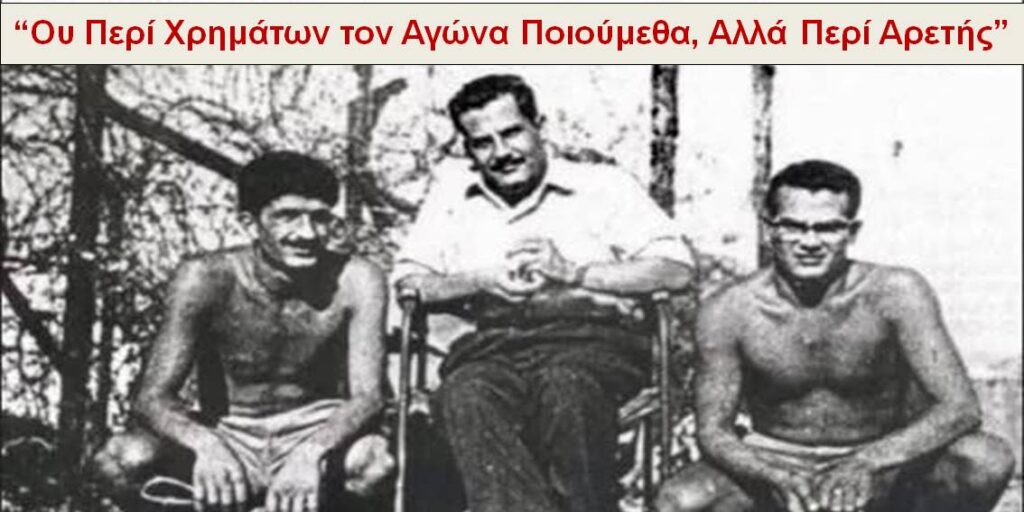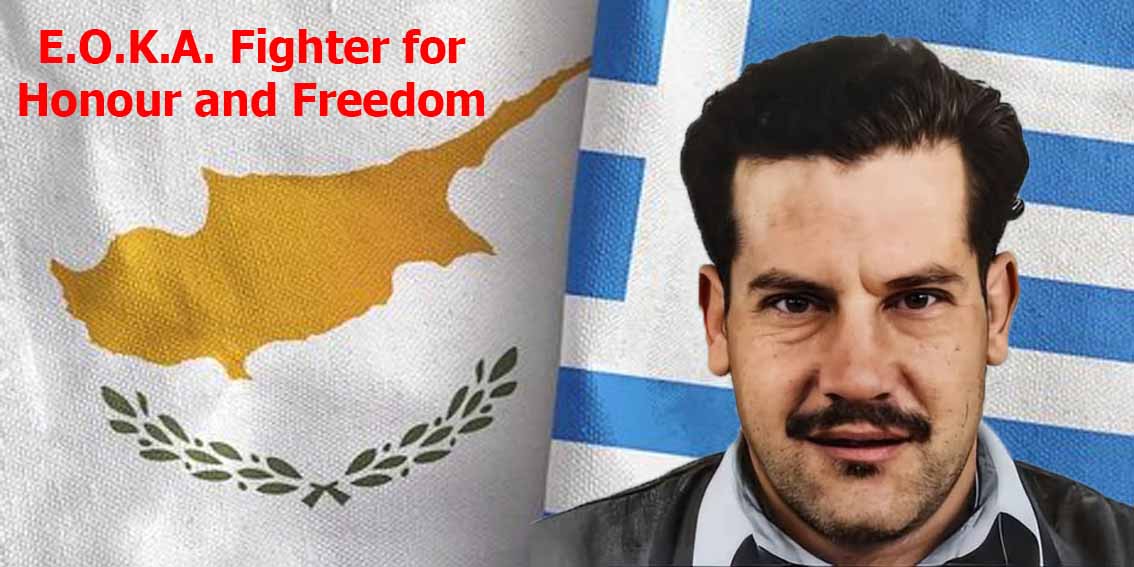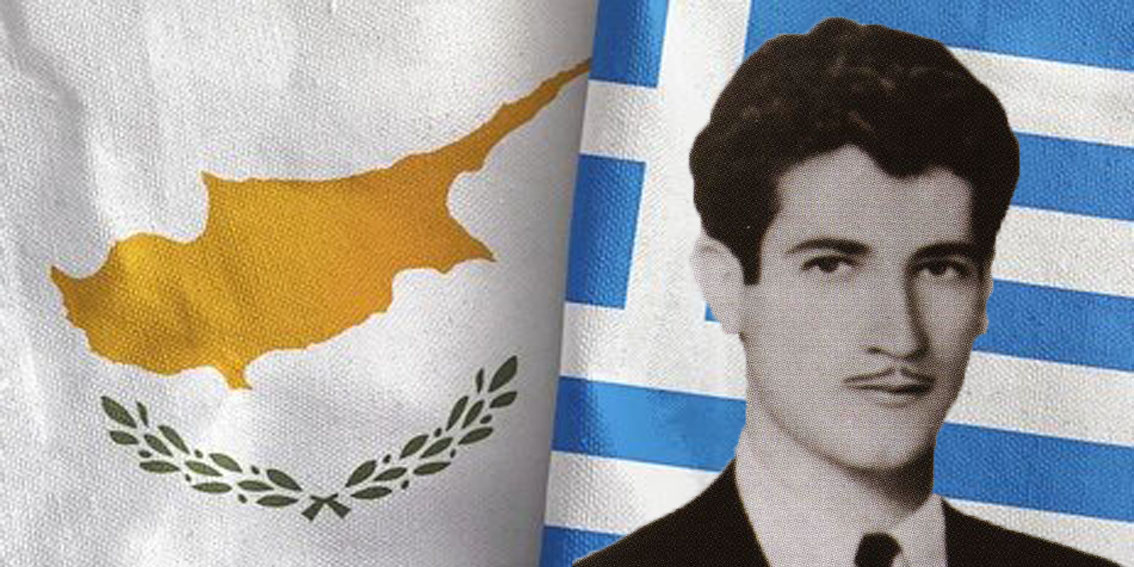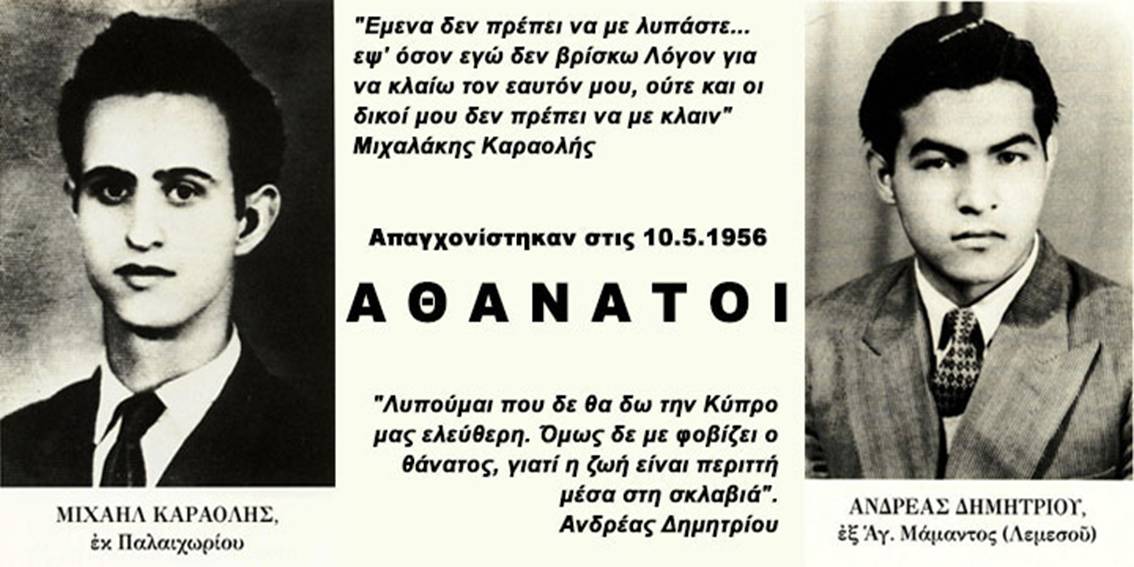Early Life and the Seeds of Patriotism
Kyriakos Matsis entered the world on January 23, 1926, in the village of Palaichori, Pitsilia. He was one of three children born to Christofis and Kyriaki Matsis. After completing his elementary education in Palaichori, he attended the Famagusta High School. His academic journey then took him to the Aristotle University of Thessaloniki, where he studied agriculture. He returned to work as an agronomist in Famagusta, a profession he held when the national struggle began. Even during his student years in Thessaloniki, he passionately expressed his desire for a free Cyprus, organizing rallies and delivering speeches that foreshadowed his future path.
The Nerve Center of the Resistance: “Miltiadis” in Action
In 1955, Kyriakos Matsis, using the pseudonym “Miltiadis,” assumed critical roles within EOKA. He first served as the head of the organization in a part of Famagusta province, then became the chief of EOKA liaisons. Following the departure of Giannakis Drousiotis, Matsis took on one of the most dangerous posts: the central liaison between the leader, Digenis, the various EOKA branches, and Archbishop Makarios. This position made him the vital administrative node of the entire organization.
His duties involved the perilous transport of weapons, correspondence, instructions, and messages, all while conducting counter-espionage operations. His brother, Giannakis Matsis, recalled that Kyriakos often parked his Land-Rover, loaded with illegal arms, among British military vehicles. He even brazenly impersonated an English officer on multiple occasions. One of his most daring missions was the dangerous transfer of fellow fighter Grigoris Afxentiou from Pentadaktylos to Pitsilia in November 1955.

Unbroken by Torture: A Display of Defiance
British forces arrested Matsis on January 9, 1956. They subjected him to brutal torture, including electroshocks, in an attempt to break his spirit. Recognizing his crucial role and connection to Leader Digenis, Governor Harding personally visited his interrogation cell. Harding offered him the immense sum of £500,000 and a safe escape in exchange for revealing Digenis’s hiding place. Feeling insulted, Matsis slammed his fist on the table and declared, “We are not talking about money in this fight, but about virtue. I am sorry, but you are insulting me.” His unwavering moral stance so impressed Harding that the Governor immediately left and ordered an end to the torture.
Leadership from Within the Detention Camp
Even after his transfer to the Kokkinotrimithia detention center, Matsis continued his resistance. He maintained secret contact with Digenis and, on his orders, facilitated the Makarios-Harding talks concerning Cyprus’s future. Inside the camp, he created a structured routine for the inmates, established a school for detained students, and set up a library. Through speeches and organized activities, he tirelessly worked to boost the fighting spirit of his fellow prisoners. He so effectively enlightened the English guards about their cause that the soldiers eventually burned their own camp, forcing the authorities to replace them. Matsis also masterminded an escape network, which remained operational even after his own daring escape on September 13, 1956.
The Final Battle: A Hero’s End
After his escape, Matsis took command of the Kyrenia sector, where the British placed a bounty of five thousand pounds on his head. On November 19, 1958, he was hiding with two comrades, Costas Christodoulou and Andreas Sofiopoulos, in a safe house in Kato Dikomo. British soldiers searched the house twice and left, but returned for a third, more thorough inspection—a clear sign of betrayal. The soldiers located the hideout’s entrance and began breaking through. As thick smoke from burning organizational documents filled the crypt, Matsis ordered his two comrades to surrender. After initial refusal, they obeyed, emerging from the basement in tears.
The British officer then addressed Matsis in broken Greek: “Kyriakos Matsis, surrender!” He responded with a firm, “No.” The officer repeated his demand, threatening to burn him alive. Matsis issued his final, defiant reply: “If I come out, I come out shooting. You will not take me out of here alive. If you dare, come!” The British forces then threw grenades into the crypt, killing Kyriakos Matsis instantly. When the smoke cleared, they found him dead, still clutching two submachine guns in his hands.
Upon learning of his son’s death, his father Christofis said, “Both my wife and I are proud of the heroic death of our beloved child. Our son fought with all the strength of his soul for the freedom of our martyr island.” The story of Kyriakos Matsis, documented in countless volumes and testimonies, endures as the ultimate example of bravery and the unyielding fighting spirit that defined the EOKA liberation struggle.




